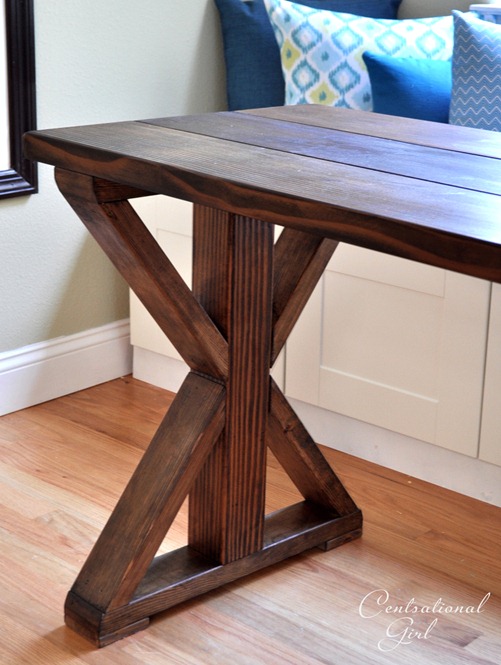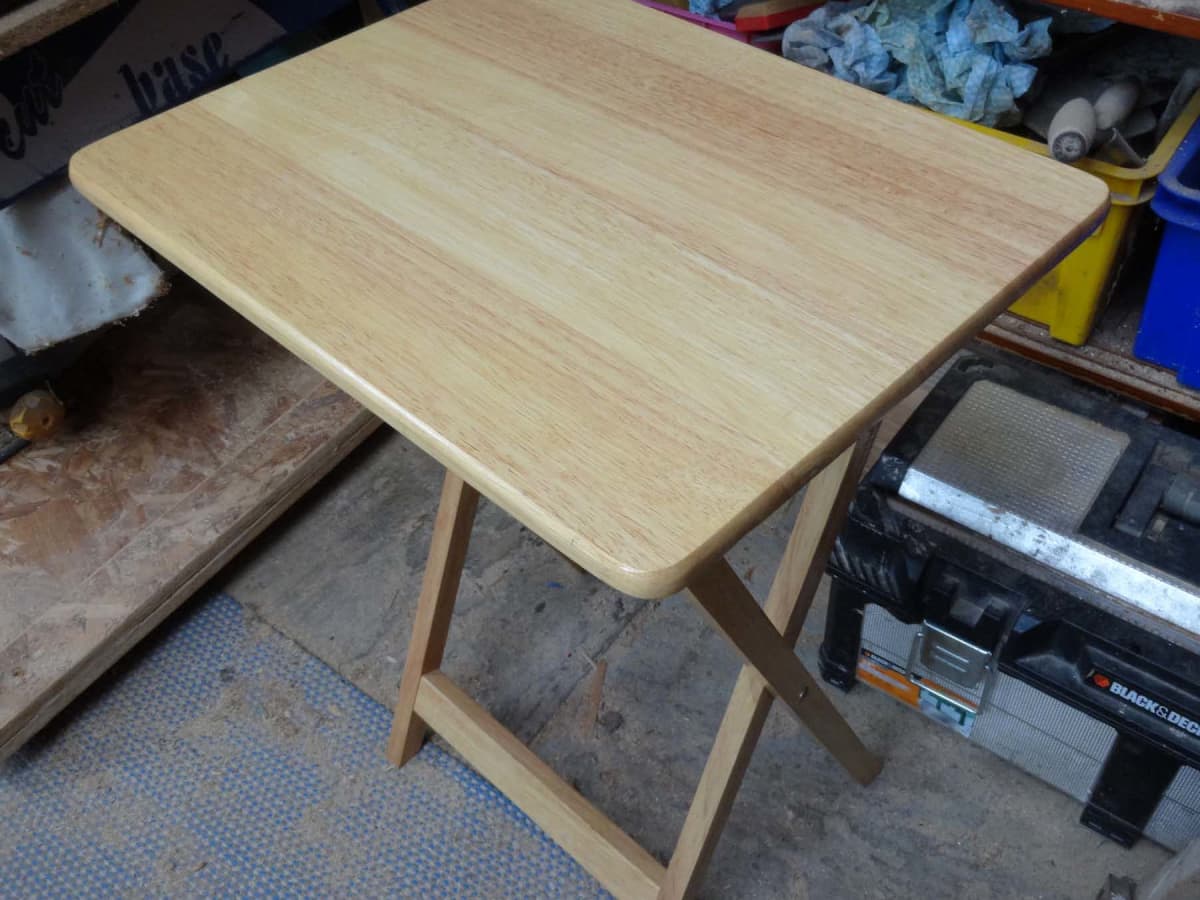Fascination About Highland Manor Wood Products, Llc
Fascination About Highland Manor Wood Products, Llc
Blog Article
How Highland Manor Wood Products, Llc can Save You Time, Stress, and Money.
Table of ContentsTop Guidelines Of Highland Manor Wood Products, LlcNot known Facts About Highland Manor Wood Products, LlcSome Of Highland Manor Wood Products, LlcSome Ideas on Highland Manor Wood Products, Llc You Should Know10 Simple Techniques For Highland Manor Wood Products, Llc
Clean the damaged sides of the table leg to make sure a smooth, strong bond. Establish up your work space in a well-lit, tidy area to stay clear of any kind of more damages. Meticulously straighten the broken items. Accuracy is your friend here. Use secures to hold the items together briefly. Once the glue is completely dry, sand the area for a smooth finish.Additionally, removing the legs alleviates the stress they may sustain if the table is carried or packed improperly, avoiding them from birthing excessive weight or experiencing undue strain. Make sure that the table, especially its legs, is safely positioned in the moving vehicle. The table shouldn't wobble or have the potential to fall over.

Highland Manor Wood Products, Llc for Dummies
Take the covering up tape and wrap your drill little bit regarding inches of the way down the bit. This is to aid ensure you do not drill through the table top while guaranteeing the depth you require for the screws. Thoroughly drill each of the screw holes to the proper depth, using the marks you made.
Use the impact chauffeur to screw each leg securely into place. It's ideal to go one leg each time to guarantee the positioning is appropriate and each leg is secure before moving on to the following. Flip your brand-new table back over and enjoy it in your house! We understand you'll like your brand-new barrette table in your home.
(https://www.goodreads.com/user/show/187629419-leroy-cates)
Repeat these actions to take care of any type of other broken legs on the table.
Make use of a jig attended cut them diagonally from corner to collar to generate four edge blocks. Cut a notch out of the rear of the corner block reverse from the angled cut to ensure that the notch fits over the top of the leg and gives added stamina in the edge.
How Highland Manor Wood Products, Llc can Save You Time, Stress, and Money.
Drive another screw, centered with the block, into the edge of the table leg. Beef up your lightweight table by adding some ballast. This offers to flatten errant, slim table tops, in addition to include some weight to keep them where they belong. Step the length and size under the table in between the legs.

For a designer look, use bullnose or profiled moldings instead of hardwood strips. Great deals of tables have integrated stretchers to add security. Cots are straight pieces of hardwood about 4 inches up from the floor. 2 stretchers run in between the sides of the legs on the table's brief ends, with one long stretcher connecting the two short stretchers in the center.

Everything about Highland Manor Wood Products, Llc
Each piece has its very own story to inform, and antique table legs play a crucial role in the general looks and stability of these prizes. Recovering them not just revitalizes their charm but additionally aids preserve their historic relevance. Comprehending antique table legs starts with recognizing the different sorts of antique tables and their historical contexts.
Vintage tables come in various styles, such as Queen Anne, Chippendale, or Victorian, each with its distinct style and features. Comprehending the kind of table you have will guide your reconstruction efforts.
French bnisterie furnishings, with its intricate craftsmanship, would likely be most worth recovering and might demand specialist solutions, whereas a table discovered at a yard sale helpful site might not justify the restoration price. As you start the journey of bring back antique table legs, one of the preliminary and crucial actions is to carefully check out these important elements of your treasured item.
The Buzz on Highland Manor Wood Products, Llc
Begin by inspecting the surface area of the table legs meticulously. Seek any type of noticeable cracks that may have created with time. Fractures can vary in dimension and extent, from small surface blemishes to deep architectural cracks. Each fracture tells a story of the table's history, and resolving them is necessary for both aesthetic appeals and structural security (wood Corner Guards).
These splits can endanger the total strength and appearance of the legs. Determining their existence and level is important before proceeding with reconstruction. Butt joints are more vulnerable to splitting since they offer a minimal area for adhesive bonding, making them vulnerable to separation under tension or stress. Pay close focus to the joints where the table legs fulfill the table's framework or apron.
Evaluate the overall architectural integrity of the legs. Check for any type of bending or turning that might impact their security. Check out the joints carefully to gauge the level of looseness. Some joints may only need glue and clamping, while others might require extra reinforcement. By meticulously examining the wear and damage, you can develop an extensive remediation strategy tailored to the details requirements of your antique table legs.
Report this page